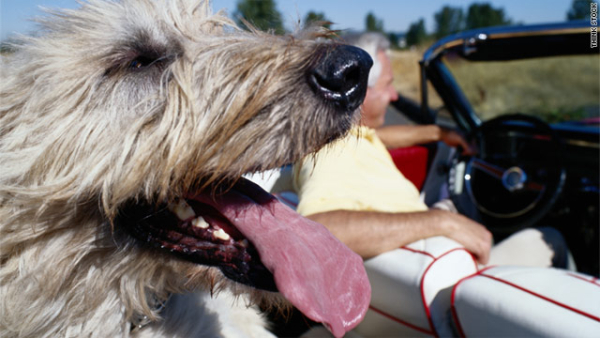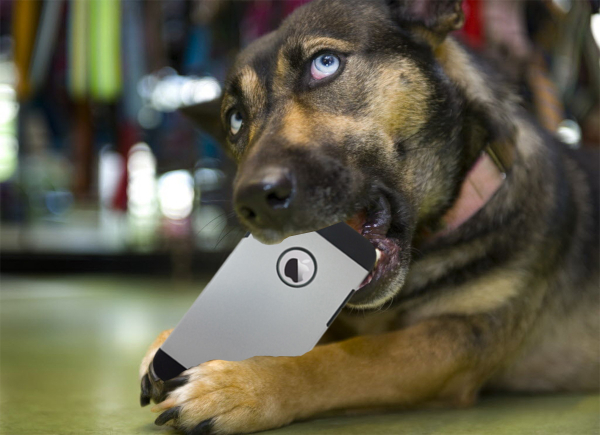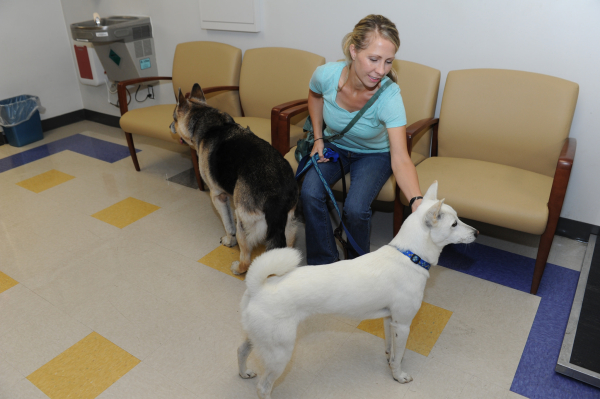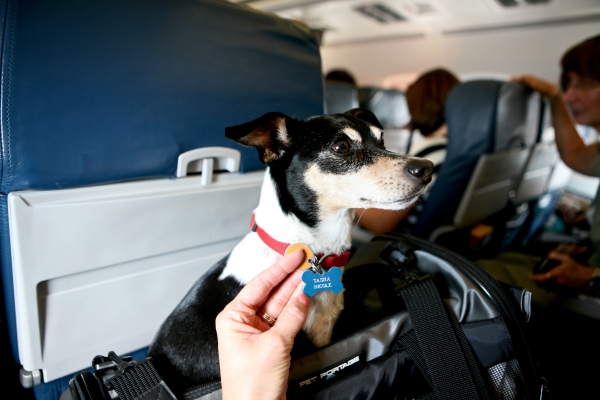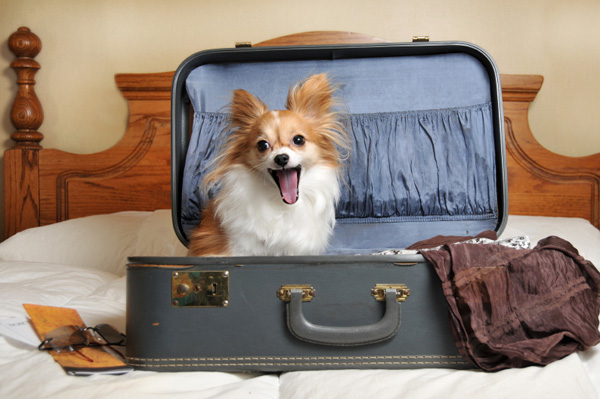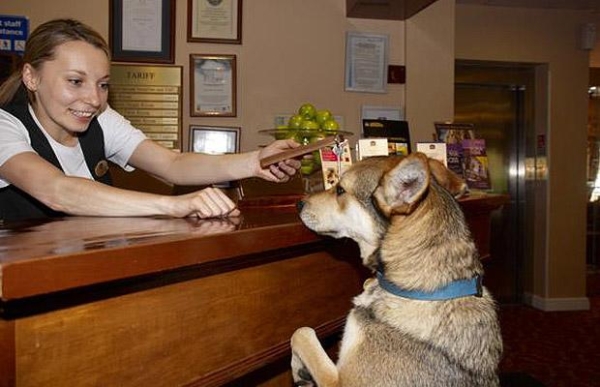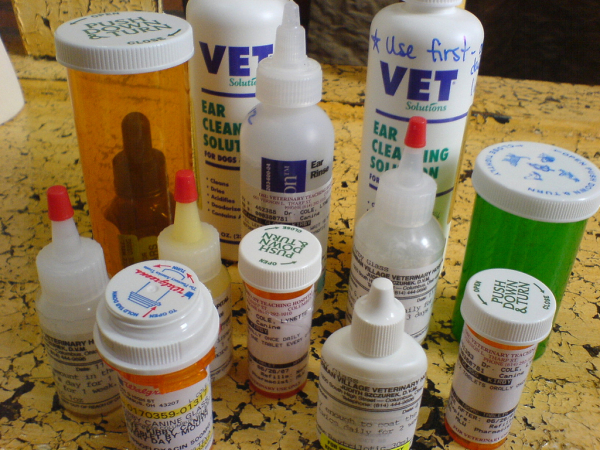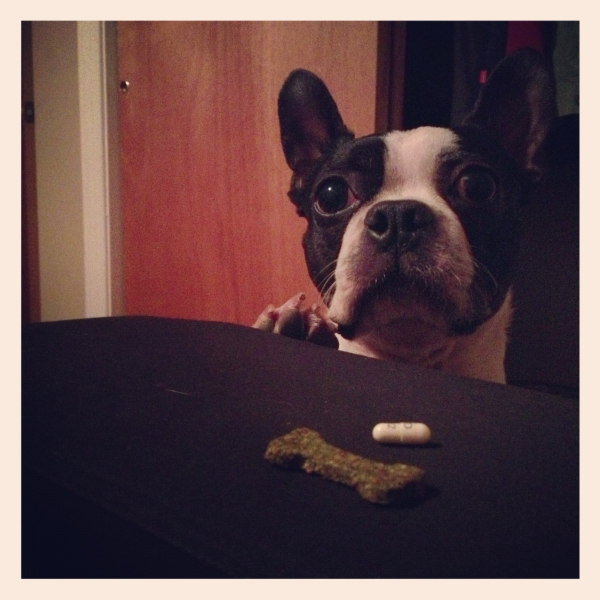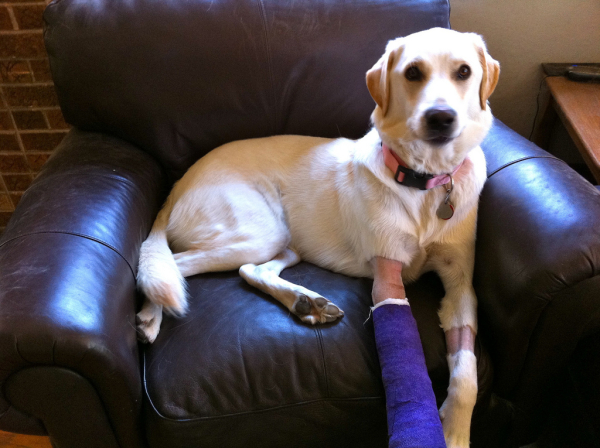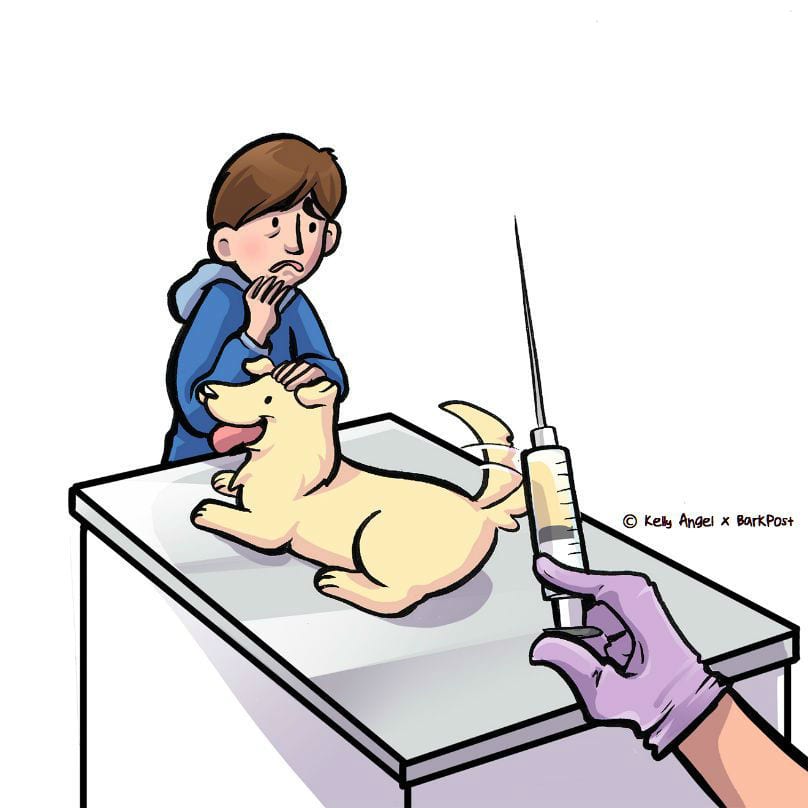Every pup parent struggles with what they should do about their dogs when they plan a vacation. There are several reliable options for your pets should you decide to leave them behind, but more and more pawrents are making the decision to include their dogs in their family travel plans.
Having your pooches in tow for a road trip to the beach or a tour of Europe can be an exciting adventure for the whole clan, but there are many things to consider. Dog forbid your pup has an accident or becomes ill in a strange place, you want to make sure you are prepared to handle any situation quickly and efficiently. Even more important than acting appropriately in an emergency is taking steps to prevent one to begin with.
Research the veterinary services in the area you will be traveling to:
As a veterinary technician in Myrtle Beach for over fifteen years, I assisted countless tourists with their sick or injured pups. Most of them said the same thing, “I wish I had called you guys before my trip!” When your pet has an emergency every second counts. Don’t spend your time searching for vets in the area and begging them to fit your dog into their schedule, establish a relationship before you even leave your home.
Contact an animal hospital close to where you are staying to find out their hours and policies. Fax a copy of your dogs’ records including history of illness and vaccines to expedite things if you have to bring them in on emergency. It is also a good idea to find out if there is an emergency clinic nearby should something happen after-hours.
2. Comply with the requirements of the airline:
If you are traveling by plane, find out the company’s individual policies on dogs long before your trip. The last thing you want to do is to arrive at the airport only to be told you haven’t brought the correct paperwork to bring your dogs onboard. Consider the story of Tyson, an injured dog in Nicaragua. A Canadian vet offered to help Tyson pro bono, but experienced difficulty finding an airline to accept him.
3. If you will be leaving the country, prepare in advance for their dog policies:
Just like different airlines, individual countries can have varying policies on bringing your pets onto their soil. Most simply require up to date vaccination records. Some require bloodwork showing the levels of antibodies your dogs have against Rabies and other potentially contagious diseases. Even worse than being stuck in an airport would be having your pup taken into quarantine because you didn’t obtain the proper documentation.
4. Book pet-friendly lodging:
Whether you are staying at a pet friendly hotel or renting a house, make sure it is a safe and healthy environment for dogs. Some vacation units lack adequate space for walks or have open loft areas that could be dangerous. Before you book, ask lots of questions and check out lots of pictures.
5. Pack a Doggy First Aid Kit:
Packing medications and supplies may seem excessive to some, but just consider the potential hazards on a simple camping trip- snake bites, allergic reactions, falls, etc. Having a small roll of gauze on hand can make a big difference when you are trying to stop the bleeding on an injured paw, and Benadryl can help prevent an allergic reaction from becoming life threatening.
6. Prepare for the worst:
No one knows your dogs better than you do. If they tend to be high strung or fearful, an anti-anxiety medication may take the edge off. Frightened dogs are more likely to run away or develop stress related illnesses, so having a prescription on hand is just plain smart. Preventative medications are also available for pups who get car sick or are prone to stress gastritis. Consult with your vet before your trip. A preemptive prescription to add to your first aid kit may make all the difference for your pup.
7. Have a plan each day for the dogs:
Before you head out the door to enjoy the day’s festivities, make sure your dogs are safe and happy. Try to keep their routine as close to normal as possible, including feedings, walks and play times. Remember, they are in a strange place and need stability to feel safe. Should your dogs experience anxiety or destructive behavior, consider a local doggy day care while you are out and about.
8. Consider the risk of each activity before including your dogs:
It’s understandable that you want your dogs to get the most from your family vacation, but some activities just aren’t worth the risk. A day at the beach may be a Labrador’s dream, but it could be a nightmare for the family pug. Common vacation pastimes can pose threats of heat stroke, drowning, accidental ingestion, injuries, and lost pets.
9. Act:
Should the unthinkable happen and your pet becomes sick or injured on vacation, follow these steps.
-Stay calm. The best way to help your dog is by keeping a level head.
-Contact the veterinary facility to let them know you are coming and what kind of situation to prepare for.
-Handle your dog carefully, even the sweetest pet may bite when in pain.
-Drive safely and restrain your dog securely in the car to prevent additional injuries or distractions.
-Give the veterinary staff as much relevant information about the situation as you can when you arrive.
-Stand back and let the staff do their jobs. Crowding around your dog only increases anxiety and hinders the folks who are trying to help.

